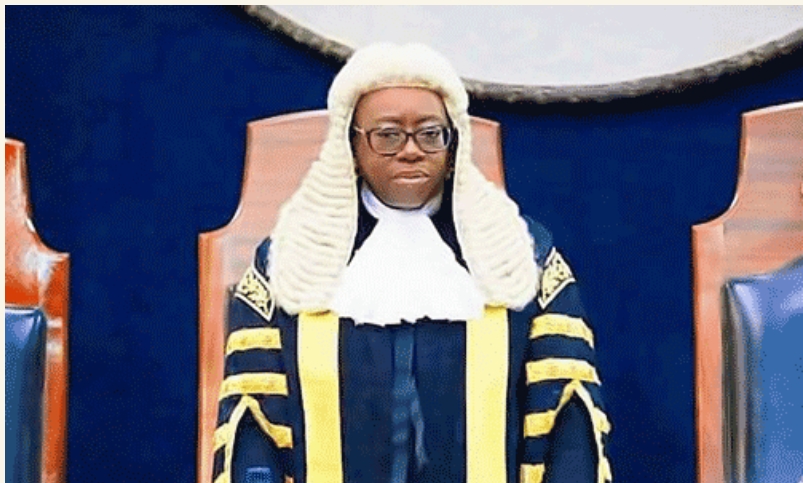Nigeria’s judiciary is confronting the dual challenges of Artificial Intelligence (AI) and cybersecurity as it seeks to modernise justice delivery.
At the Lagos State 2025/2026 New Legal Year Summit, held on Tuesday at the Muson Centre, legal stakeholders, including the Chief Justice of Nigeria (CJN), Lagos State Governor, and senior jurists, underscored the urgency of adapting to digital realities while safeguarding judicial integrity.
CJN Justice K.M.O. Kekere-Ekun said technology is now central to the administration of justice, but warned of dangers such as data breaches and manipulation of electronic records.
“Technology is no longer an option for a justice system; it is an imperative,” she declared.
While acknowledging the immense potential of AI and digital tools to enhance efficiency and access to justice, she cautioned that these advancements also carry significant risks.
Breaches of data, manipulation of electronic records, and the misuse of judicial information can severely undermine public trust, she added.
Justice Kekere-Ekun emphasised that technology must serve justice, not become its master.
The bar and the bench, she said, must work together to ensure that innovation is guided by a commitment to fairness, impartiality, and accountability.
She urged all legal professionals to recommit to their core values of integrity, diligence, and service, stating that with these as a compass, technology would strengthen the delivery of justice rather than overwhelm it.
Lagos State Governor Babajide Sanwo-Olu, represented by the Attorney General and Commissioner of Justice, Lawal Pedro, SAN, echoed these sentiments, highlighting his government’s unwavering support for the judiciary’s digital transformation.
He recognised that for a bustling metropolis like Lagos, where the demands on the courts are immense, technological innovation is critical for ensuring timely justice.
The governor stressed the importance of responsible adoption, acknowledging the risks of biased algorithms, insecure data, and the potential for tampering with electronic evidence.
“If court systems can be infiltrated by malicious actors, then the sanctity of justice is endangered,” Pedro said on behalf of the governor.
He assured the audience that the state government would continue to invest in infrastructure, digitalisation, and capacity building to equip judges, magistrates, and lawyers for a technology-driven world.
The Lagos State House of Assembly Speaker, Musashiru Obasa also contributed to the discourse, highlighting a critical challenge: the lack of legal frameworks at the state level to regulate cybersecurity and
He noted that while the Assembly is responsible for creating laws to protect its citizens, it is currently constrained because cybersecurity and related issues are on the federal government’s exclusive list.
This, he argued, creates a significant gap in protecting Lagos residents. He called on the panellists and other stakeholders to consider how to empower states to create their own laws on these critical issues, ensuring that the legal system can keep pace with technological advancements and protect the public interest.
In his keynote address, Olumide Babalola gave a fascinating and sometimes humorous look at the integration of AI into everyday life, from smartwatches to automated cars and home assistants like Alexa.
He argued that AI is not a distant concept but a pervasive force already shaping society.
Babalola, who has first-hand experience with the digital pitfalls of the legal world, warned of the dangers of data breaches and the manipulation of judicial portals.
Using a personal anecdote, he recounted how his e-filing credentials were used to file fraudulent cases without his knowledge.
Stay ahead with the latest updates!
Join The Podium Media on WhatsApp for real-time news alerts, breaking stories, and exclusive content delivered straight to your phone. Don’t miss a headline — subscribe now!
Chat with Us on WhatsApp






